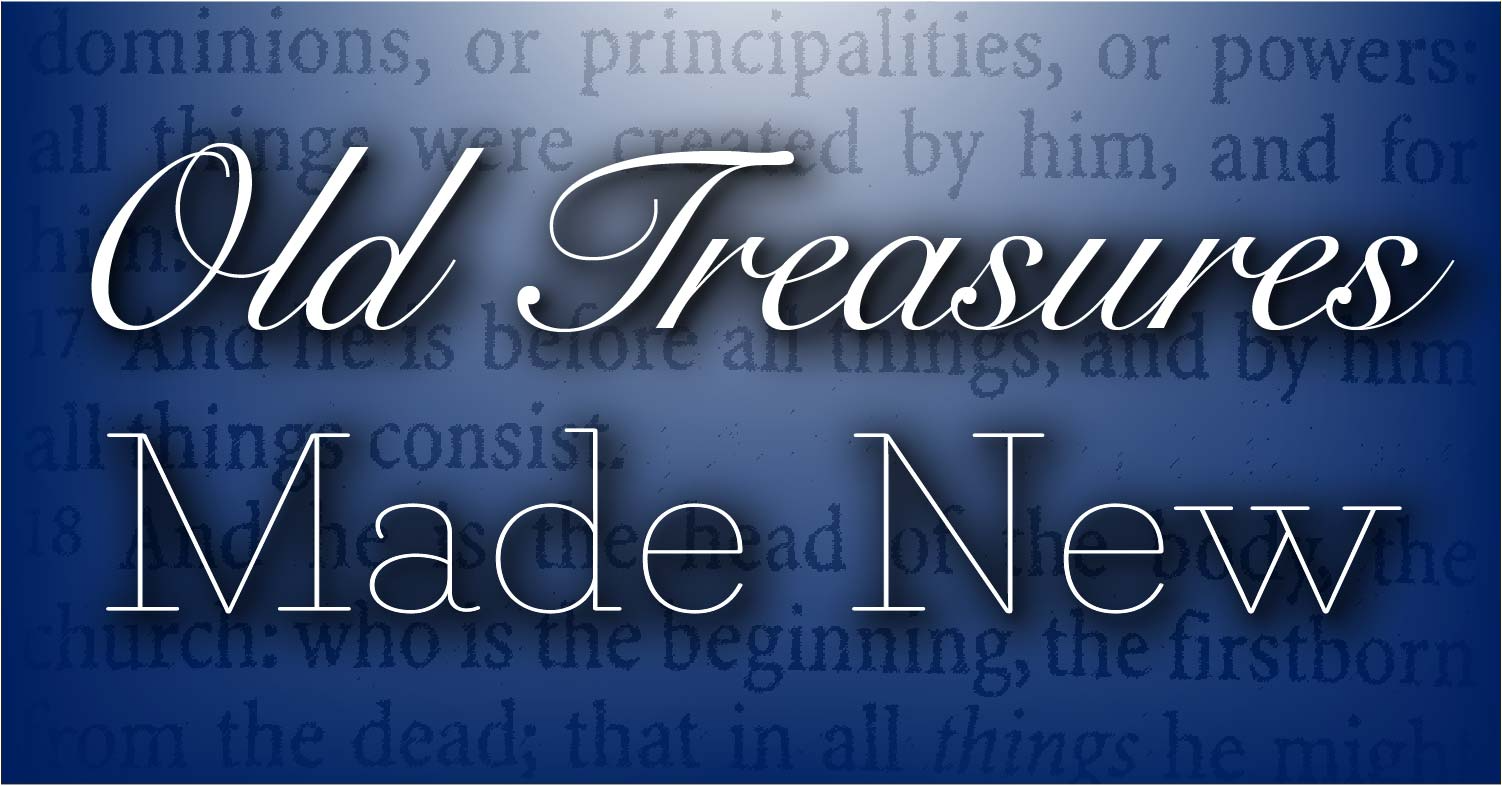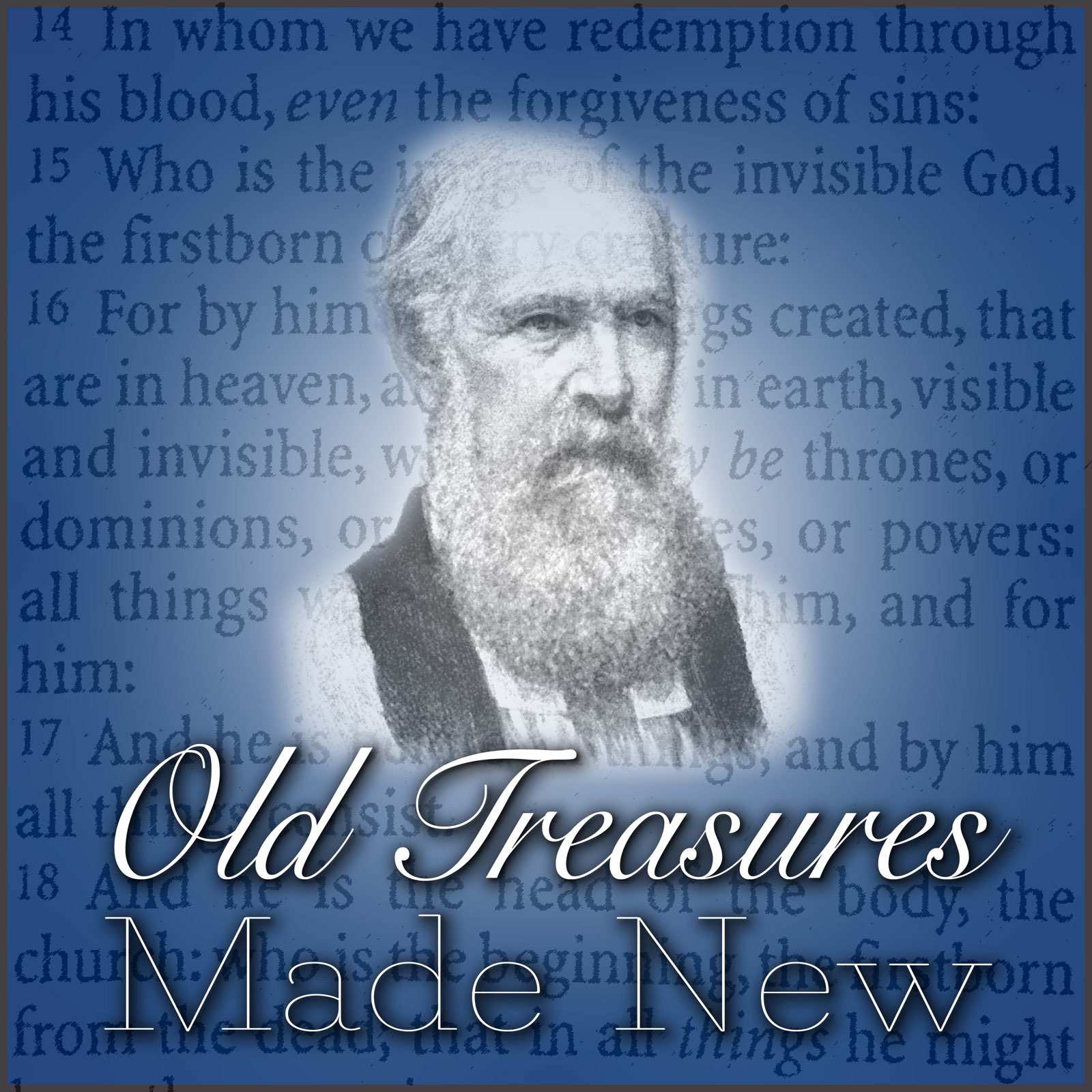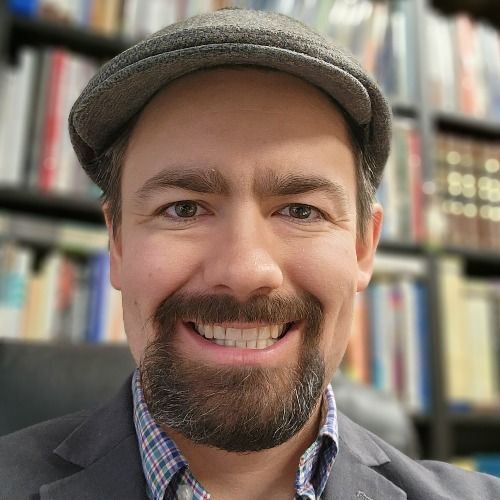Episode 271
Luke 16:19-31
Luke 16:19-31
- We learn that a man's worldly condition is no test of his state in the sight of God.
- We learn that death is the common end to which all classes of mankind must come.
- We learn that the souls of believers are specially cared for by God in the hour of death.
- We learn the reality and eternity of hell.
- We learn that unconverted men find out the value of a soul, after death, when it is too late.
- We learn that the greatest miracles would have no effect on men's hearts, if they will not believe God's Word.
"Wealth is no mark of God's favor. Poverty is no mark of God's displeasure."
""The beggar died," and his bodily wants were at an end. "The rich man died," and his feasting was stopped for evermore."
"When our own last hour comes, and we lie down to die, we shall be like those who journey into an unknown country. But it may satisfy us to know that all who fall asleep in Jesus are in good keeping."
"The certainty and endlessness of the future punishment of the wicked, are truths which we must hold fast and never let go."
"There is no infidelity, or skepticism, or unbelief after death. It is a wise saying of an old divine, that "hell is nothing more than truth known too late.""
"The man who has the Bible, and can read it, and yet waits for more evidence before he becomes a decided Christian, is deceiving himself."
Questions:
1. Are we ever tempted to think more highly or favorably toward those with money? Or as James says, ‘are we filled with evil thoughts in showing partiality to those who are rich?
2. Ryle quotes an old divine who said that “He that would live well should often think of his last day, and make it his company-keeper." When is the last time we thought and dwelt upon our last day? When is the last time we went to a funeral and learned wisdom as Ecclesiastes 7:2 would teach us?
3. If we have lost loved ones, what comfort does it give to think of our loved ones being in good keeping before the return of Christ?
4. Are we holding fast and not letting go of the doctrine of the endlessness of the future punishment of the wicked? If so, what good has it done to our souls. If not, let us make plans to do so!
5. Here again we see the fearful reality of life after death for those who did not believe, and we discover that there is no unbelief in hell. What does this truth do in our hearts as we think about their condition now?
6. We see here the authority and sufficiency of the Scriptures, that not even if someone would rise from the dead would an unbeliever truly believe. In light of this, do we see the value of what we have in the Scriptures? Are we using those Scriptures and believing what they say?


